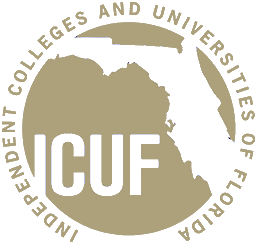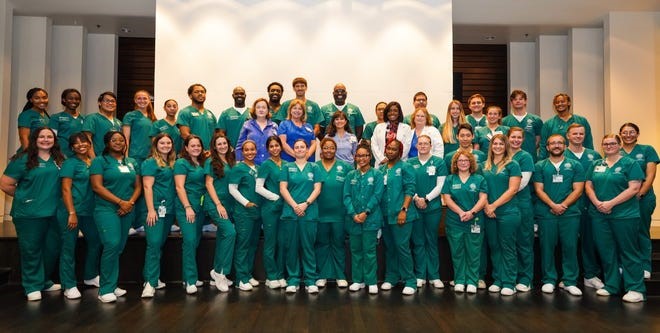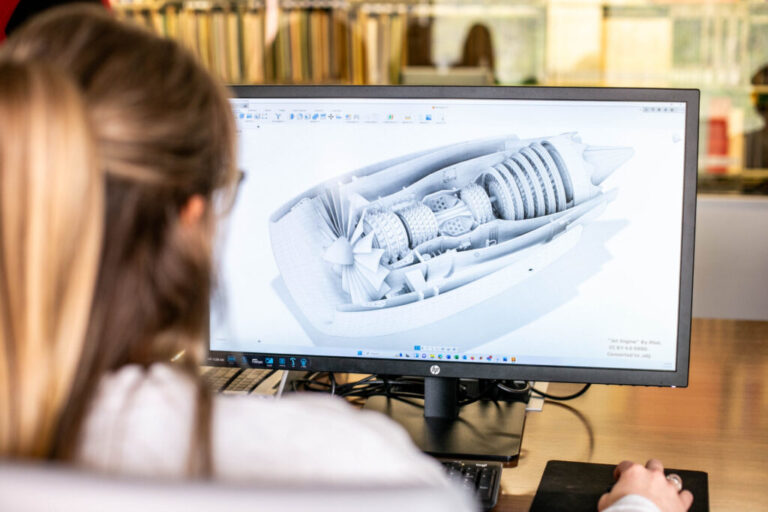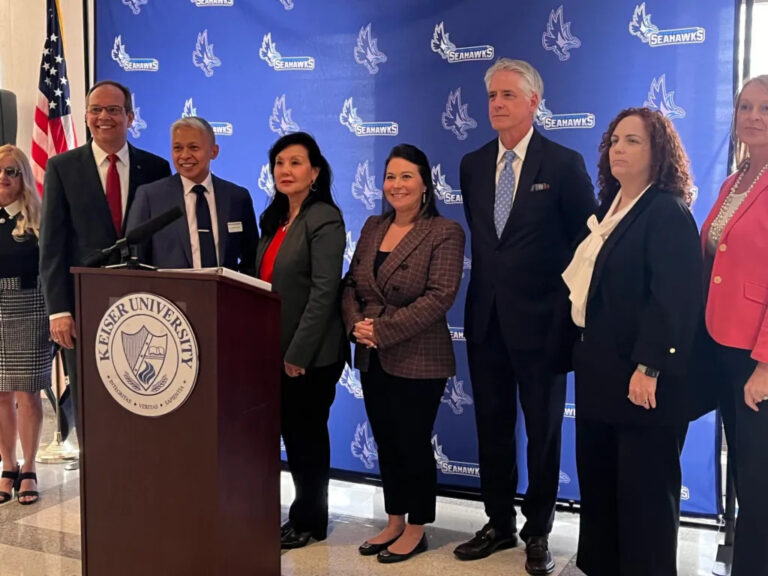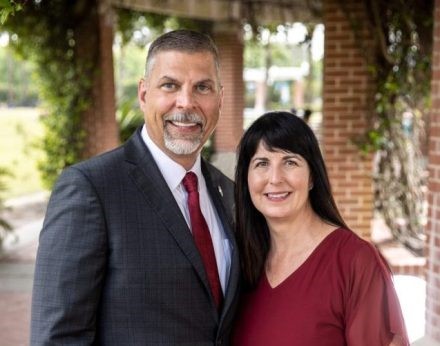Diagnosed with one of the country’s highest nursing shortages, Florida is a prime location for promising health care professionals in search of interesting careers. Florida’s population is growing and aging, and thousands of nurses are expected to retire in the next several years. Higher education is stepping in with a solution. The demand is for universities to deliver flexible, affordable, and specialized educational options to nurses while leveraging the latest technologies in their clinical conditioning.
To address the shortages, Jacksonville University recently expanded its nursing offerings to include four Accelerated Bachelor of Science in Nursing programs. Two programs develop students into nurses in just one year, while the other two programs extend to 16 months. The 16-month programs now accept applicants with associate’s degrees, increasing access to quality nursing education. Student success in accelerated learning is made possible by immersive, hands-on training with high-fidelity medical manikins, virtual reality, and robotics, along with individualized attention and support by faculty. “We have access to programs that allow us to see into diseased lungs and coronary arteries, advancing our education way beyond the textbooks,” said Kathryn Kane, Jacksonville University and Baptist Health 12-month ABSN graduate.
For over 30 years, Jacksonville University’s Keigwin School of Nursing has educated future nurses at every level, from Doctor of Nursing Practice to Registered Nurses. Likewise, U.S. World & News Report ranked Jacksonville University’s BSN programs as some of the best in the nation, while the University is consistently ranked as one of the best schools in the south. Across all nursing programs, Jacksonville University’s graduates proudly maintain an NCLEX pass rate of over 90% – one of the highest in the state. Additionally, each ABSN student, no matter the program, receives a sizable scholarship.
